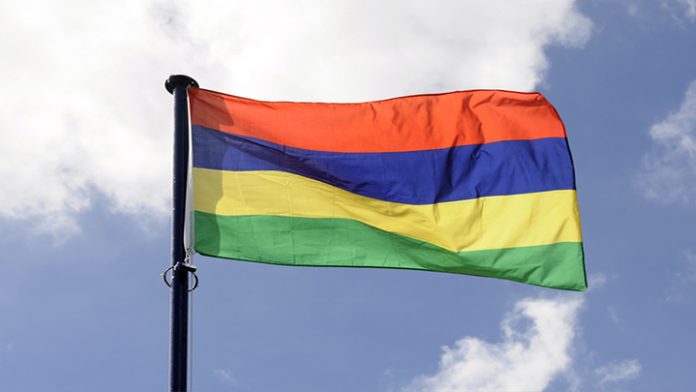The Tourism Authority of Mauritius has released a new set of guidelines outlining sanitary measures for the resumption of activities in the tourism sector. It is promoting wellness tourism including Yoga, spa treats, meditation, and rejuvenation therapy at wellness retreats. As part of the plan for self-sufficiency, Mauritius is also seeking to reduce the number of people who have to go to South Africa or India for medical treatment.
The detailed protocols are designed to provide tourism businesses with specific health and safety solutions to ensure the protection of employees and customers.
The protocol forms a key part of Mauritius’ recovery strategy. The solutions provided in the guidelines document have been endorsed by the World Travel & Tourism Council (WTTC), and are tailored to the different operational needs of a variety of businesses connected to tourism. Measures include recommendations on cleaning and disinfection, social distancing, providing contactless options and protocols to follow for suspected cases of Covid-19. Regular inspections will be carried out by the authority to ensure the implementation of these measures is being applied correctly and failure to comply may result in license cancellation
The Tourism Authority has partnered with Mauritius Telecom to introduce a Safe Travels app that all tourism operators under the tourism authority act are required to download. The app breaks down tourism businesses into different categories by operation and clearly outlines the protective measures each business category needs to follow when providing services.
The authority also released a video demonstrating what travel to Mauritius in the new normal will look like showing some of the measures being implemented to protect visitors at the airport and in hotels.
The Tourism Authority is promoting wellness tourism including yoga, spa treats, meditation, and rejuvenation therapy at wellness retreats. It feels that more tourists will be interested in travel that helps a healthier lifestyle. The island has many resorts and spas.
Mauritius is an increasingly popular destination in the Middle East, particularly in the UAE. A digital campaign will start in June and last until the end of September. It will include static ads on Facebook and Instagram and videos on both platforms as well as YouTube. Held in English and Arabic, this campaign aims to raise awareness and increase the visibility of Mauritius as an ultimate tourist destination. This campaign will primarily target enthusiastic independent travellers, and honeymooners as well as Western expats. The island is also promoting to Bahrain, Oman, Kuwait, Qatar, and Saudi Arabia. A separate promotion campaign targets South Africa.
The setting up of a pharmaceutical manufacturing plant on a Public-Private Partnership basis and a medical cluster is timely. The pandemic has shown that Mauritius cannot remain at the whims of global supply chains and geopolitics.
The Ministry of Health will develop a 5-year strategic plan. Significant investments will be made in the health sector: new cancer hospital equipped with state-of-the-art technologies will be operational in December 2020.The construction of a new eye hospital will start in October 2020, and a new teaching hospital will start beginning 2021. A renal transplant unit, new national service laboratory and a warehouse with optimised conditions for pharmaceutical products will also be built.
Mauritius has moved away from seeking to attract overseas international hospitals and clinics with a focus on price, to promoting health and wellness tourism and medical tourism far more suitable for its up-market image.
The change of focus explains why the defunct Board of Tourism figures of 18,000 medical tourists fell to 12,000, as detailed by the Economic Development Board (EDB)
The healthcare sector in Mauritius has metamorphosed into an integrated medical cluster underpinned by a core group of high-value activities such as hi-tech medicine, medical tourism, medical education and wellness. With state-of-the-art medical facilities and highly qualified personnel, Mauritius is positioning itself to cater for the growing needs of both domestic and international patients. Over the years the number of private institutions has doubled.
The presence of global healthcare players is increasingly positioning Mauritius as a competitive high-tech medical hub. This focus is part of the smart cities initiative, led by Singapore’s EDB which seeks overseas investment with a new focus on smart cities but also specialist medical centres.








 ©2024 All rights reserved LaingBuisson
©2024 All rights reserved LaingBuisson 


